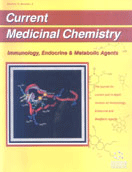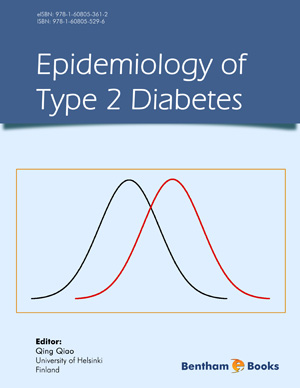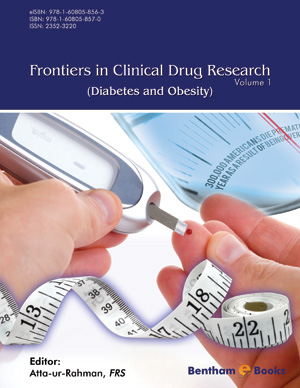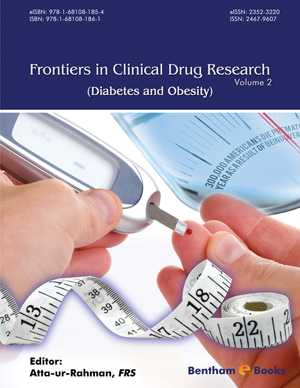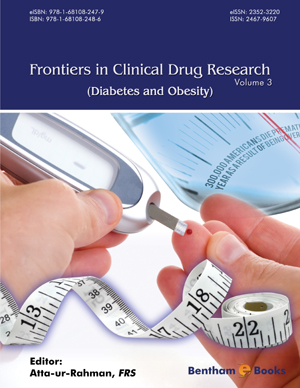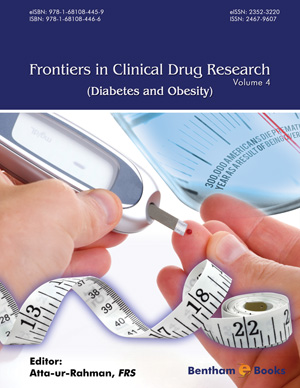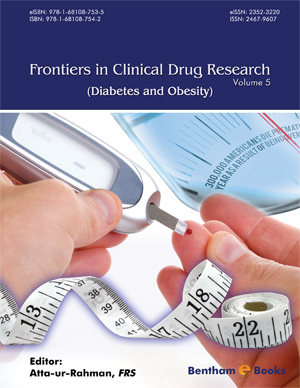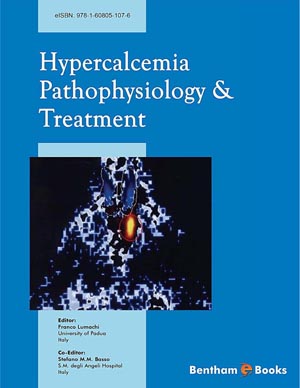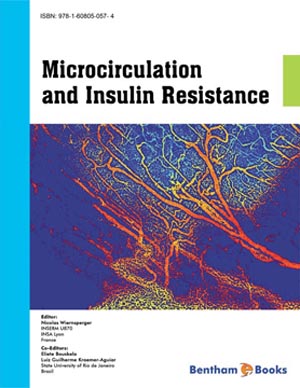Abstract
Based on research, several scientific publications proposed dietary trivalent
chromium as an attractive alternative for the prevention of hyperglycemia in people at
high risk of type 2 diabetes mellitus (T2DM). The objective of the study is to determine
the influence of chromium on the reaction of glucose and insulin in individuals with
type 2 diabetes and healthy subjects. The study was based on several clinical reports of
randomized clinical trials (RCTs). Available RCTs that were issued before December
2020 were routinely looked for in PubMed/Medline, Scopus, Web of Sciences, Google
Scholar, and Cochrane Library. Keywords, such as “chromium” OR “chromium
supplements” OR “chromium picolinate” in combination with “type 2 diabetes” were
also checked in English. The results of these clinical studies support the view that
chromium can improve both insulin and glucose metabolism in patients with T2DM,
especially in the form of dietary supplements (chromium picolinate). However,
insufficient data are available to create a conclusive hypothesis that nutritional
supplements of chromium could be useful for the treatment of T2DM, and thus there is
no need to endorse a general prescription for the management of diabetes using these
supplements. Chromium supplements have minimal usefulness based on the lower
impact of established evidence, and there is no reason for promoting their use for
glycemic control in patients with existing T2DM. Well-designed, high-quality, broad,
and long-term trials are required to improve the current data and ensure the protection
and efficacy of drugs.
Keywords: Chromium supplements, Chromium picolinate, Hyperglycemia, Type 2 diabetes mellitus, Insulin metabolism.




